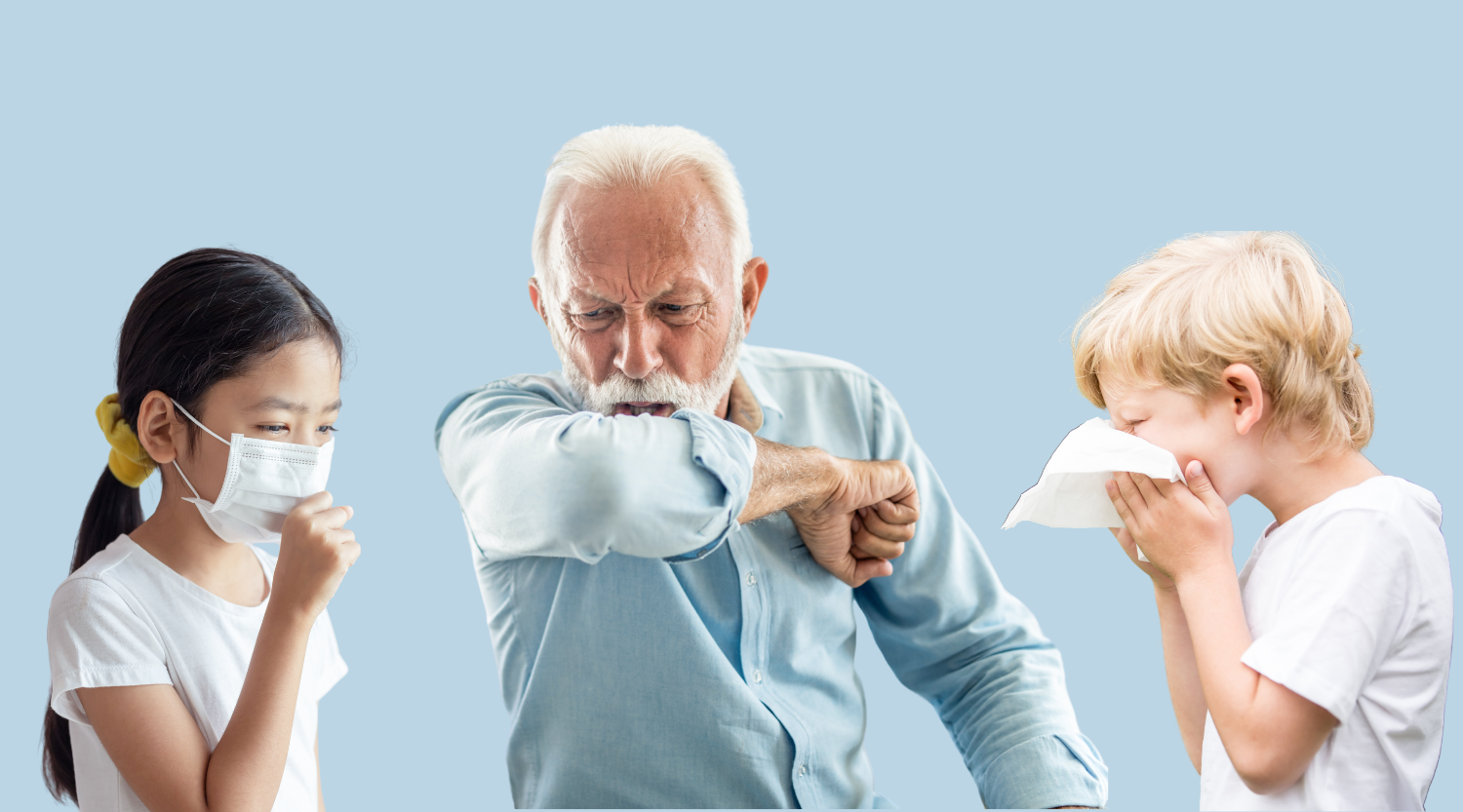
What is RSV?
Respiratory syncytial virus, or RSV, is a common respiratory virus that usually causes mild, cold-like symptoms, according to the Centers for Disease Control and Prevention.
Most people recover in a week or two, but RSV can be serious. Infants and older adults are more likely to develop severe RSV and need hospitalization.
Vaccines
- If you are age 60 or older, a vaccine is available to protect you from severe RSV. Talk to your health-care provider to see if it’s right for you. As of now, the RSV vaccine for older adults is a one-time vaccine, so your health-care provider can help you determine the optimum time for each patient to be inoculated.
- If you are pregnant, you can get an RSV vaccine between 32–36 weeks of pregnancy to protect your infant after birth, or a preventive antibody can be given to your baby after birth.
- Call MCHD Clinical Services at 304-598-5119 to make an appointment for an RSV vaccine.
Symptoms
People infected with RSV usually show symptoms within four to six days after getting infected. Symptoms of RSV infection usually include
- Runny nose
- Decrease in appetite
- Coughing
- Sneezing
- Fever
- Wheezing
These symptoms usually appear in stages and not all at once. In very young infants with RSV, the only symptoms may be irritability, decreased activity, and breathing difficulties.
Almost all children will have had an RSV infection by their 2nd birthday.
Transmission
RSV can spread when
- An infected person coughs or sneezes
- You get virus droplets from a cough or sneeze in your eyes, nose, or mouth
- You have direct contact with the virus, like kissing the face of a child with RSV
- You touch a surface that has the virus on it, like a doorknob, and then touch your face before washing your hands
People are typically infected with RSV for the first time as an infant or toddler and nearly all children are infected before their second birthday. However, repeat infections may occur throughout life, and people of any age can be infected.
Other ways to stay healthy
- Avoid close contact with people who are sick.
- Stay HOME from work or school if you are sick.
- Cover your mouth and nose when coughing/ sneezing. Teach children the proper way to cover their mouth when they sneeze or cough by coughing/sneezing into your elbow.
- Soap and water are a good defense against flu and other illnesses. Wash hands for at least 20 seconds for best results. Visit the CDC handwashing page to find out more.
- Avoid touching your eyes, nose and mouth.
- Eat a healthy diet, rest, be physically active, drink plenty of fluids, stop smoking or better yet, don’t start.